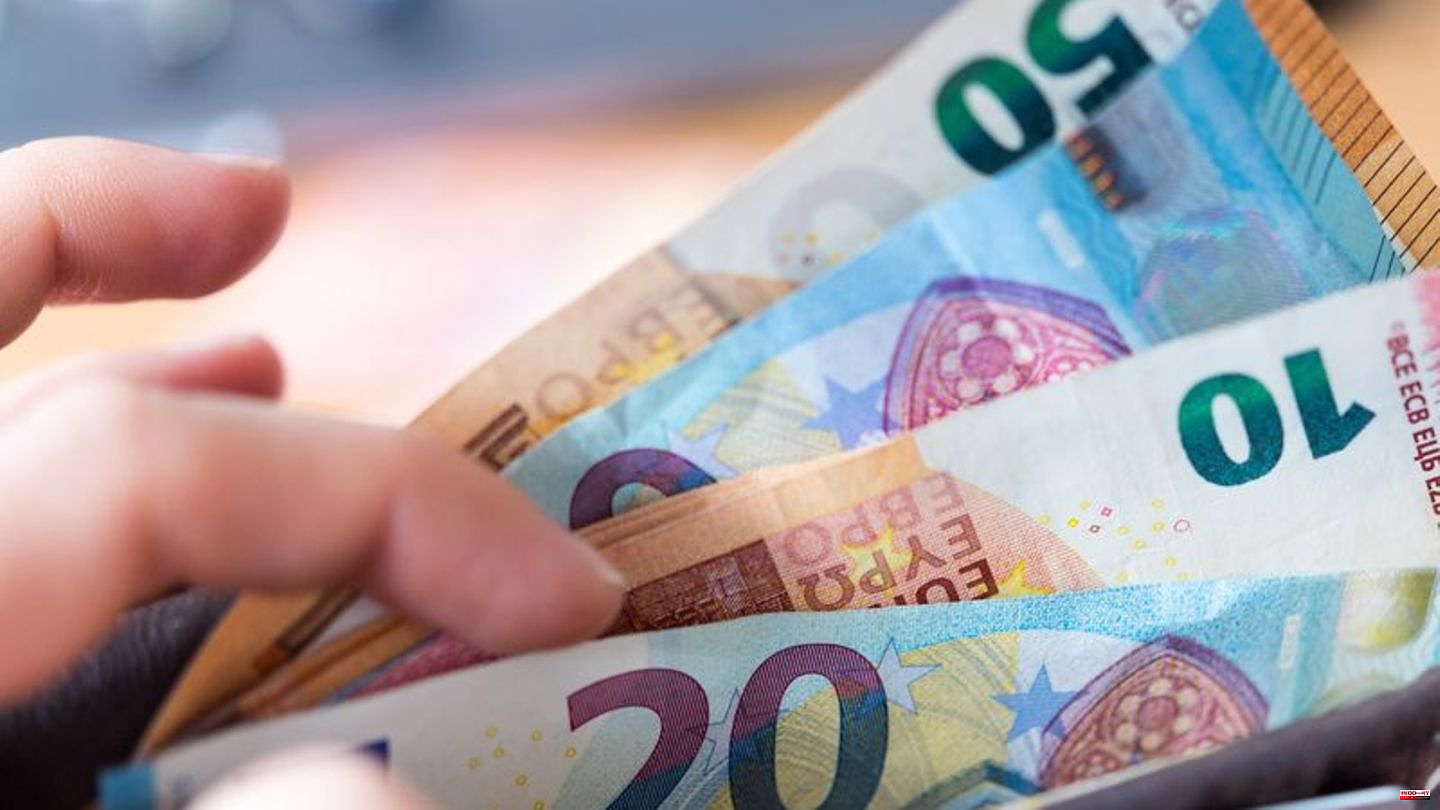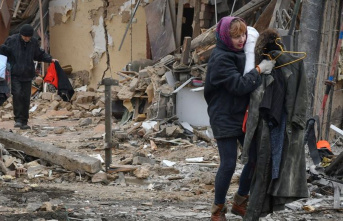According to Verdi boss Frank Werneke, the wage rounds of the new year are still under the impression of the large price increases in Germany. "The high inflation will keep us busy," said Werneke of the German Press Agency in Berlin. "Everyone has to get their fridge full, everyone has the right to a heated apartment."
Before Russia's attack on Ukraine, nobody foresaw that there would be a stable level of inflation of eight, nine or even more percent. "In the course of the year, Verdi has already pushed through some very high collective bargaining agreements, for example for dock workers with double-digit wage increases overall." Werneke also referred to the agreement for Lufthansa in November, where a salary increase of more than 17 percent was negotiated for young professionals.
"People with lower incomes are disproportionately affected by the sharp rise in prices in relation to their income level," Werneke stated. "As Verdi, we are explicitly trying to achieve above-average increases in income for this group of employees. That's why, for example, we are demanding table-based minimum amounts, such as for the federal and local public services with a minimum increase of 500 euros."
On January 24, Verdi and the civil servants' association dbb begin collective bargaining for around 2.5 million federal and local employees. In addition to the minimum amount, the unions are demanding 10.5 percent more income.
Werneke expects the issue of crisis-related special payments to remain higher on the agenda - but was skeptical about it. "In all collective bargaining that we are currently conducting, the employer side puts the inflation compensation premium in the shop window and illuminates it with colored lamps," he said. "It wouldn't be a big surprise now if public employers do the same."
Chancellor Olaf Scholz (SPD) had offered such special payments as part of his talks with employers and unions against inflation ("concerted action"). The state therefore waives taxes and duties for additional payments of up to 3000 euros from employers to their employees.
Werneke said: "However, we are dealing with permanently rising prices." There will be no drop in prices to pre-February 2022 levels. "Our members want sustainable, permanent, table-based pay increases and are happy to pay taxes and social security contributions on them." It is likely that the employers are on the road with different ideas. "And then we'll see if we can come to a conclusion together."
Regarding the negotiations at the post office, which are scheduled to begin on January 6th, Werneke said: "At Deutsche Post AG we are not operating with a minimum amount because the differences between the classifications there are only comparatively small: whether in the delivery service or in the post office -Distribution center - the groupings are close together."
That is why Verdi is demanding a wage increase of 15 percent at the post office. "Colleagues with low incomes work here while at the same time having a hard job, most of whom live in large cities and metropolitan areas with their high price levels." The company is doing so well financially that shareholders are richly rewarded. "There is also enough money for the employees there."








